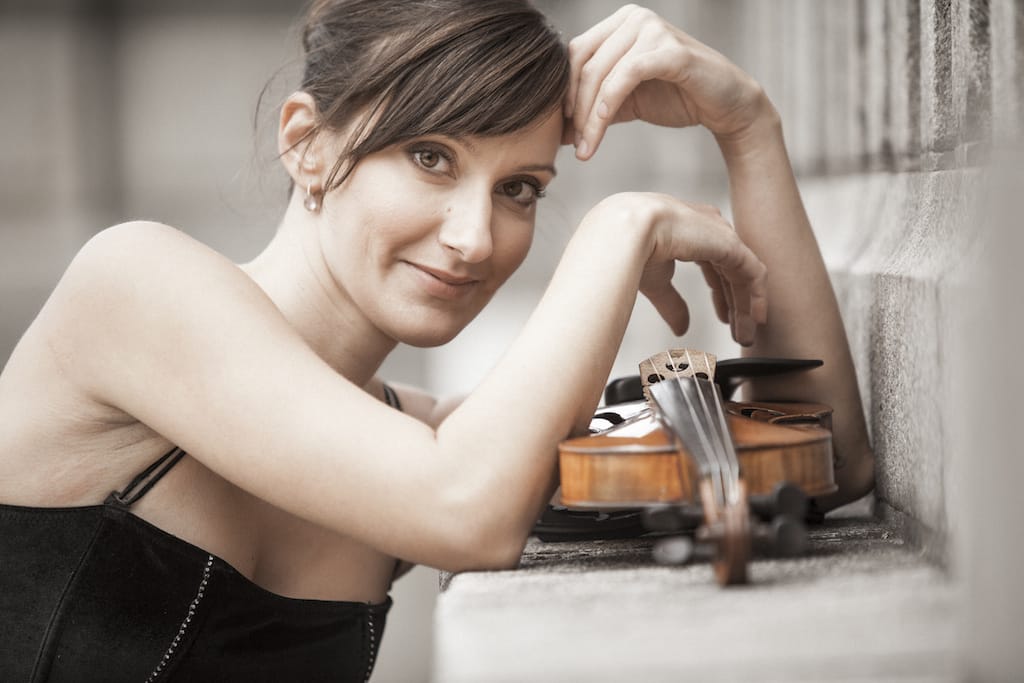Turning point – Berlin in the fin de siècle
Sonata evening
Special concert by the Siegmund Seligmann Society
Description
Łucja Madziar
, violin
Thomas Hoppe
, piano
Works by Alexander von Zemlinsky (1871-1942), Ignatz Waghalter (1881-1949) and Richard Strauss (1864-1949)
At the beginning of the 20th century, the Deutsche Oper was founded in the then independent Charlottenburg as a result of strong civic commitment. The aim was to create contemporary music theater as a counter-reaction to the ossified conditions at the imperial court opera on Unter den Linden. The new building was opened in 1912 with Beethoven’s “Fidelio”, conducted by the chief conductor Ignatz Waghalter. A thousand musicians applied for the 75 positions in the newly founded orchestra; Ignatz Waghalter’s brother Władysław, the dedicatee of the violin sonata, had won the position of concertmaster. His position is now held by Łucja Madziar.
Ignatz Waghalter was engaged at the Deutsche Oper until 1924, and in 1933 he left Germany as a Jew after the National Socialist seizure of power. He lived in Vienna and Prague until 1938 and then emigrated to the USA for good. A fate he shared with Alexander von Zemlinsky, who worked at the Berlin Krolloper from 1927-1933, a center of experimental music theater at the time. Today, Zemlinsky’s opera “The Dwarf” is causing a sensation at the Deutsche Oper and shows the relevance of the composer, whose 150th birthday is in 2021.
Richard Strauss was also one of the great innovators of musical life and was also active in Berlin between 1898 and 1918. His will to innovate did not only extend to the art of composition in the spirit of the “New Germans” Wagner and Liszt, but he also focused on the structures of the music business by trying to improve the conditions of the artists and thus became the progenitor of today’s GEMA.
Three composers at the turn of the fin de siècle, three innovators in the world of opera, three early chamber music works that reflect the musical zeitgeist as well as the individuality of the artists. As concertmaster at the Deutsche Oper, Łucja Madziar is deeply familiar with its musical world of sound and form. Be it Zemlinsky’s clear tonal language, which announces itself in the opening fanfare of his Serenade, Waghalter’s melodic fantasy full of surprising ideas or Strauss’ colorful, sparkling brilliance – in the chamber music of the composers, their characteristics are bundled as if through a burning glass and yet unfold orchestral fullness in the colorful expressiveness of Łucja Madziar and Thomas Hoppe.
